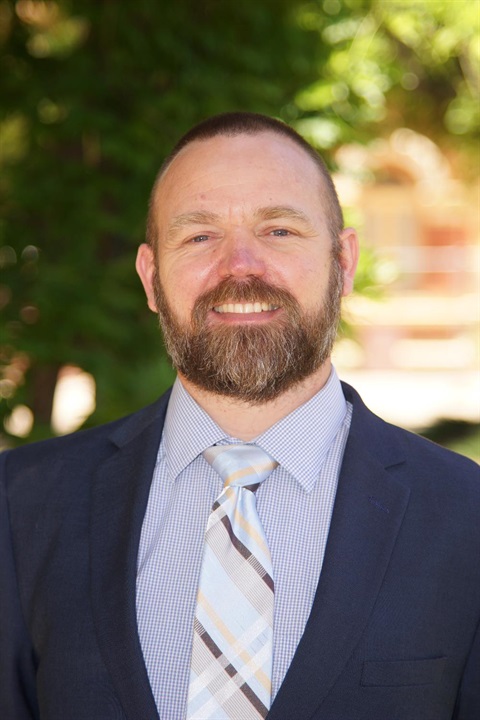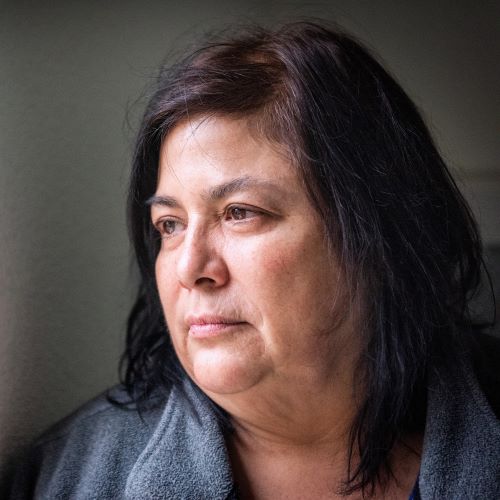Paediatric palliative care and its important role within the health sector has been recognised with new funding from the Australian Department of Health and Aged Care.
The $1.25 million for Palliative Care Australia’s ‘Shaping the Future of Paediatric Palliative Care’ project builds on a growing awareness that palliative care for infants, children, young people, and their family’s requires a specialised focus.
“This investment by the Health Minister, Mark Butler, is timely because it means we can build on the hard work of the last three years in developing the Paediatric Palliative Care National Action Plan,” says Camilla Rowland, Chief Executive Officer, Palliative Care Australia (PCA).
“The Health Department has just given the final sign off on the Action Plan, so this new funding means we can get to work on some of its insights.
“The Action Plan is a roadmap for a national approach that provides guidance and direction on key priorities to improve outcomes for infants, children and young people living with a life-limiting condition.
“The strength of the Action Plan is the deep input patients, families, the work force, and other stakeholders have had in developing the final document,” Ms Rowland says.
The Action Plan was prepared by PCA in partnership with Paediatric Palliative Care Australia and New Zealand, with funding from the Australian Government.
“We are planning to launch the plan very soon and have it easily available to palliative care services and the wider health community,” Ms Rowland says.
“This is a first of its kind for Australia and there is a real momentum behind it.”
With the Action Plan approved, PCA is now fully scoping what the ‘Shaping the Future of Paediatric Palliative Care’ project looks like.
“To receive this new funding now means we don’t lose any of the knowledge, contacts, or energy of the Action Plan – we can build on it and grow its impact for the precious people it seeks to serve,” Ms Rowland says.
“Drawing on the voice of lived experience will again be really important to our work.”
You can view and








